

























Research Questions
Writing the Proposal
























































Research Questions
Writing the Proposal
































































































The Wits Doctoral Academy (WDA) is designed to respond to the changing landscape of research, particularly, the imperative to find innovative and creative solutions to wicked problems, such as inequality and climate change. Our approach is interdisciplinary, ensuring strong horizontal articulation between this central spine and faculty / disciplinary-specific offerings. Vertical articulation between master’s and doctoral level study will also be prioritised, facilitating and accelerating student mobility. The WDA reflects an ambitious approach to reimagine postgraduate education which is forward- thinking, carving out new trajectories of impactful research.








Pursuing research questions that you are passionate about is incredibly exciting, but the PhD journey can also often be a daunting and rather lonely experience the doctoral academy changes this! The cohort model of the WDA creates a vibrant community of practice in which students can exchange ideas across disciplines and interact with key thinkers and research leaders. We will critically explore what it means to do research here and now, drawing on the best of established traditions, but also opening up new forms of meaning-making for a more equitable epistemic world. We aim to encourage the curiosity, creativity and commitment of the very best minds, not only to find new answers for old intractable questions, but also to pose new questions and explore possibilities for crafting the world differently.











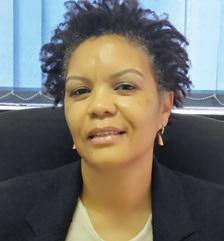

Jill Bradbury Academic Director: Jill.Bradbury@wits.ac.za







Gouws Administrative Manager: Antonette.Gouws@wits.ac.za




















This course will take all WDA students through the PhD proposal writing process. It is structured around a core text, Kate Turabian’s Manual for Writers of Research Papers, Theses, and Dissertations, which will be made available to all students. Colleagues from each faculty will present sessions on research journeys; reading for the literature review; moving from topic to question, problem and working hypothesis; evaluating and constructing arguments; revision of argument and style. All students will work in small faculty-specific writing groups to draft and develop their proposal. There will also be an opportunity for transdisciplinary discussions and network building. The course is designed to accompany you on your writing of your proposal so that you are ready to present and submit your proposal by the end of the academic year.

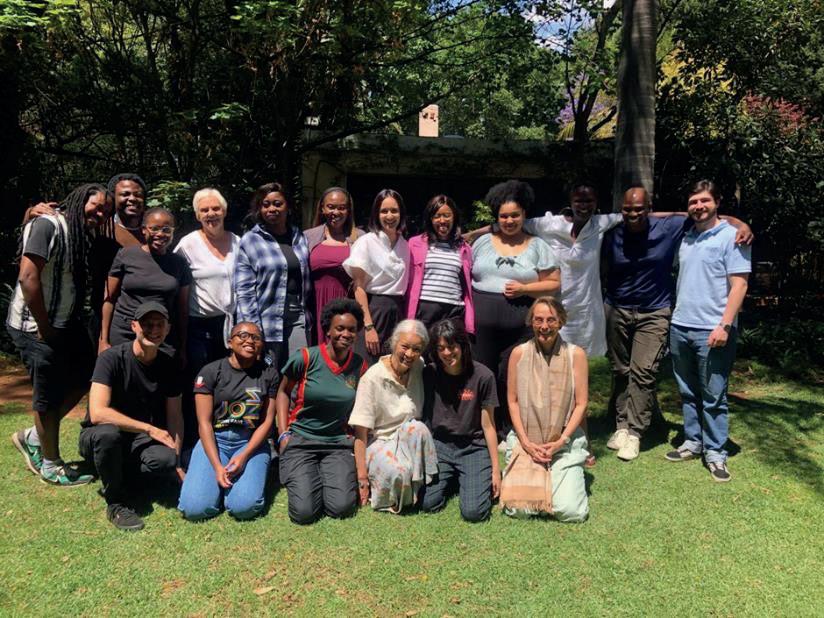























Subject leaders:
Professor Zimitri Erasmus - Humanities - Zimitri.Erasmus@wits.ac.za
Professor Ivan Hofsajer - Engineering - Ivan.Hofsajer@wits.ac.za
Professor Rob Veale - Science - vealerobb@gmail.com




Professor Pamela Nichols - Wits Writing - Programme Pamela.Nichols@wits.ac.za
Dr David Francis - Commerce, Law and Management - David.Francis@wits.ac.za







Writing Fellows: Mr. Fouad Asfour (WF coordinator); Mr. Lerato Seohatse; Mr. Samukelo Ndlovu; Ms. Nobantu Shabangu; Dr. Kgomotso Mushogi; Mr. Smangaliso Mkhuma; Mr. Joshuwa Ward; Ms. Khosi Mabuza; Ms. Refilwe Kai; Mr. Yusuf Mansoor.


Working with: Dr Leyya Hoosen; Dr Pia Lamberti; Dr Colette Gordon; Professor Liz Brenner; Dr Ayanda Magida and Dr Christine Hobden.
























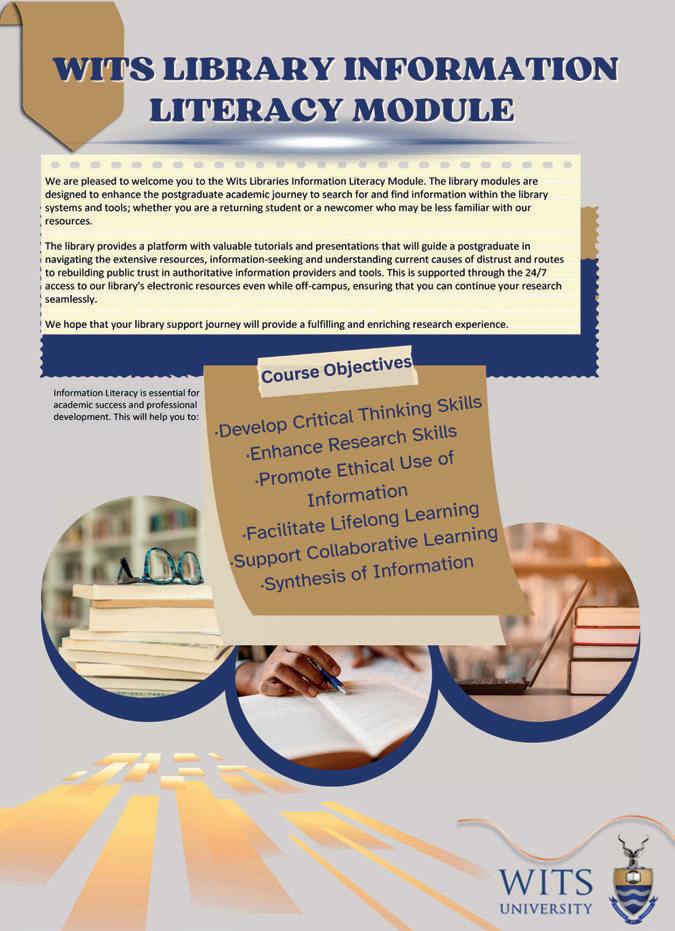




















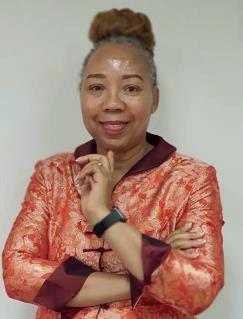

Daisy.Selematsela@wits.ac.za









Aaron Tshikotshi Associate Director: Research and Learning Aaron.Tshikotshi@wits.ac.za
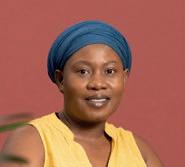


Masilo Health Sciences







Letsoalo Research Open Scholarship





Benjamin Law Library










Science, Biophy Library



















Research is a process whereby we aim to deepen understanding or create new knowledge in the pursuit of truth. The success and value of research relies on its accuracy, relevance, and whether its processes can be trusted. And our success as researchers relies on our conducting research in ways that are reliable, trustworthy, and respectful. Research integrity is thus crucial to successful research and being successful researchers, where research integrity:
• Refers to the factors that contribute to good research practice and to confidence and trust in research processes and outputs; and
• Applies from conceptualisation of research, like you are doing with your proposals, through to the dissemination of findings, such as at conferences or in publications.




In this short course, we will critically reflect on what good research is and what good researchers are – both in the sense of producing excellent research and in the sense of doing so with integrity. Working with your own ideas for your PhDs, we will also focus specifically on the kinds of ethical issues and dilemmas you are likely to face in your own research and consider how best to navigate them.




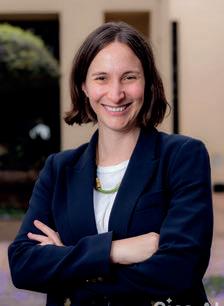





Dr Mary Carman Department of Philosophy Mary.Carman@wits.ac.za






























The life of a PhD student can be demanding, with academic pressures and personal challenges often affecting mental well-being. This short course is designed to equip doctoral students with essential tools to manage stress, regulate emotions, and communicate effectively, helping you maintain balance in both your academic and personal life. Through practical strategies for emotion regulation, stress management, and healthy communication, this course empowers students to thrive under pressure and build resilience. Whether you are navigating intense research deadlines or juggling personal commitments, we provide the skills you need for long-term academic success and personal well-being. Join us and build a strong foundation of mental wellness to support you in achieving your full potential during your doctoral journey and beyond.







Naidu Shameen.Naidu@wits.ac.za
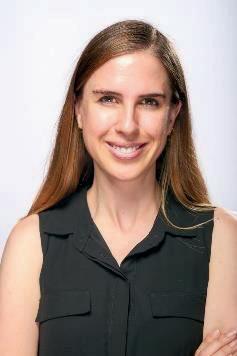









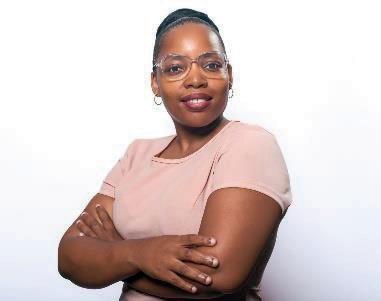




















As you engage your PhD and the rigorous Wits Doctoral Academy, psychosocial well- being is essential. In Part I, you will develop a holistic plan to address and integrate your mental, emotional, relational, physical and spiritual needs and wellness. Information, resources, relationships and strategies personal to your needs will be considered and developed into a plan to support success on your research and writing journey. In Part II implementation of this plan will be evaluated and adjusted for year two.


Rejane Williams
Rejane@soulatwork.co.za











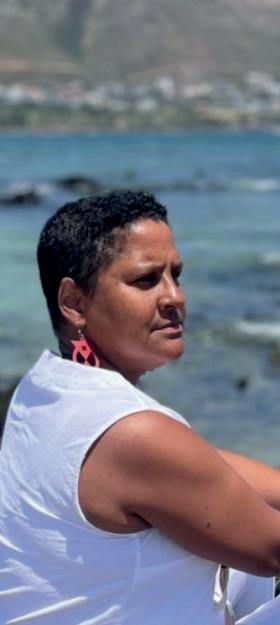



Jude@deepwellness.co.za



















The Community Engagement and Social Justice Module contributes to building a vibrant community of practice in which students can exchange ideas across disciplines and interact with key thinkers and research leaders regarding Scholarly Engagement. Lectures, excursions, and embedded learning spaces in real life contexts will allow for the creation of dialogical, reflective, collegial spaces. This will support you in considering what your own original, authentic and impactful contribution will be to the world of ideas.








The course focuses on Community Engagement and Social Justice in relation to the university’s multiple publics, inclusive of the current climate crisis. This deliberative approach is premised on an understanding that education plays a critical role in societal development or transformation. Multiple publics refers to various relationships universities and scholars have with for example public








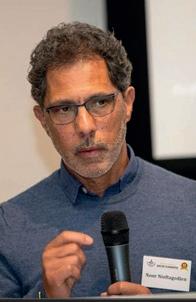


Dr Bernadette Johnson Director: Transformation Office Bernadette.Johnson@wits.ac.za
Prof







Noor Nieftagodien Head: History Workshop Noor.Nieftagodien@wits.ac.za



















An effective and constructive supervisory relationship is integral to the successful and timely completion of a PhD degree as a project. Key to this relationship is a mutual understanding of expectations, requirements, attitudes and ways of communicating. In this course, the following aspects will be explored as students and supervisors together:
a) Professional and collegial ground rules, or principles, for an effective and constructive supervision relationship, including shared, as well as individual roles and responsibilities; b) Possible challenges in the supervisory relationship and how to navigate them; c) Crafting a supervision contract that meets the contextual needs and expectations of the student and supervisor/s. Both students and supervisor/s will be able to conclude the course with at least a first draft of a supervision contract as agreed upon and discussed.




Dr Tania Rauch van der Merwe Tania.vandermerwe@wits.ac.za














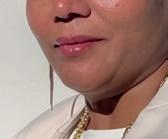






Dr Nazira Hoosen Nazira.Hoosen@wits.ac.za












BLOCK




09h00







Prof
Prof
Prof
Prof Rob Veale
Dr David Francis





Prof
Prof
Prof
Dr


































09h00


Prof Pamela Nichols
Prof Zimitri Erasmus
Prof Ivan Hofsjaer
Prof Rob Veale
Dr David Francis
Prof
Prof Pamela Nichols
Prof Zimitri Erasmus
Prof Ivan Hofsjaer
Prof Rob Veale
Dr David Francis










Prof Pamela Nichols
Prof Zimitri Erasmus



Prof Ivan Hofsjaer
Prof Rob Veale
Dr David Francis








2 June







3 June


BLOCK THREE: MONDAY 2 JUNE – FRIDAY 6 JUNE 2025
09h00 – 13h00WDA01 - Revision of Argument

Prof Pamela Nichols
Prof Zimitri Erasmus
Prof Ivan Hofsjaer
Prof Rob Veale
Dr David Francis


14h00 – 17h00WDA01 - Writing Groups


09h00 – 13h00 WDA01 - Revision of Style



Prof Pamela Nichols
Prof Zimitri Erasmus
Prof Ivan Hofsjaer
Prof Rob Veale
Dr David Francis
Prof Pamela Nichols
Prof Zimitri Erasmus
Prof Ivan Hofsjaer
Prof Rob Veale
Dr David Francis
Shameen Naidu

4 June
14h00 – 17h00 WDA04 - Relationships and EQ



Lindelwe Cili
Kerry Gordon
5 June


09h00 – 13h00 WDA06 - Education and Citizenship


14h00 – 17h00WDA01 - Writing Groups


Dr Bernadette Johnson


Prof Noor Nieftagodien
Prof Pamela Nichols
Prof Zimitri Erasmus
Prof Ivan Hofsjaer
Prof Rob Veale
Dr David Francis
09h00 – 13h00WDA06 - Education and Citizenship
14h00 – 17h00 WDA01 - Writing Groups



Prof Pamela Nichols
Prof Zimitri Erasmus
Prof Ivan Hofsjaer
Prof Rob Veale





Dr Bernadette Johnson
Prof Noor Nieftagodien

Dr David Francis


















BLOCK FOUR: MONDAY 11 AUGUST – FRIDAY 15 AUGUST 2025
DATE & TIME TOPIC
TO BE CONFIRMED
WDA04 - Mental Health
WDA05 - Wellbeing
FACILITATOR
WDA01 - Research Proposal Presentations

WDA06 - Public Engagement: Land, Home and Earth

Wartenweiler Library Commons (with the exception of WDA06 - see note below)

Prof Pamela Nichols
Prof Zimitri Erasmus
Prof Ivan Hofsjaer
Prof Rob Veale
Dr David Francis
Shameen Naidu
Lindelwe Cili
Kerry Gordon
Dr Jude Clark
Rejane Williams
Dr Bernadette Johnson
Prof Noor Nieftagodien








Lunches, teas and coffee will be provided daily
WDA06 - Public Engagement
Site visits






ALL Students will attend & participate in ALL sessions (with the exception of WDA07 - see note below)
Block One - Constitutional Hill Block Two - Vilakazi Street, Soweto Block FourTBC Transport will be provided

WDA07 – Navigating the Supervisory Relationship Students and Supervisors are required to sign up for ONLY ONE of these sessions.
























































